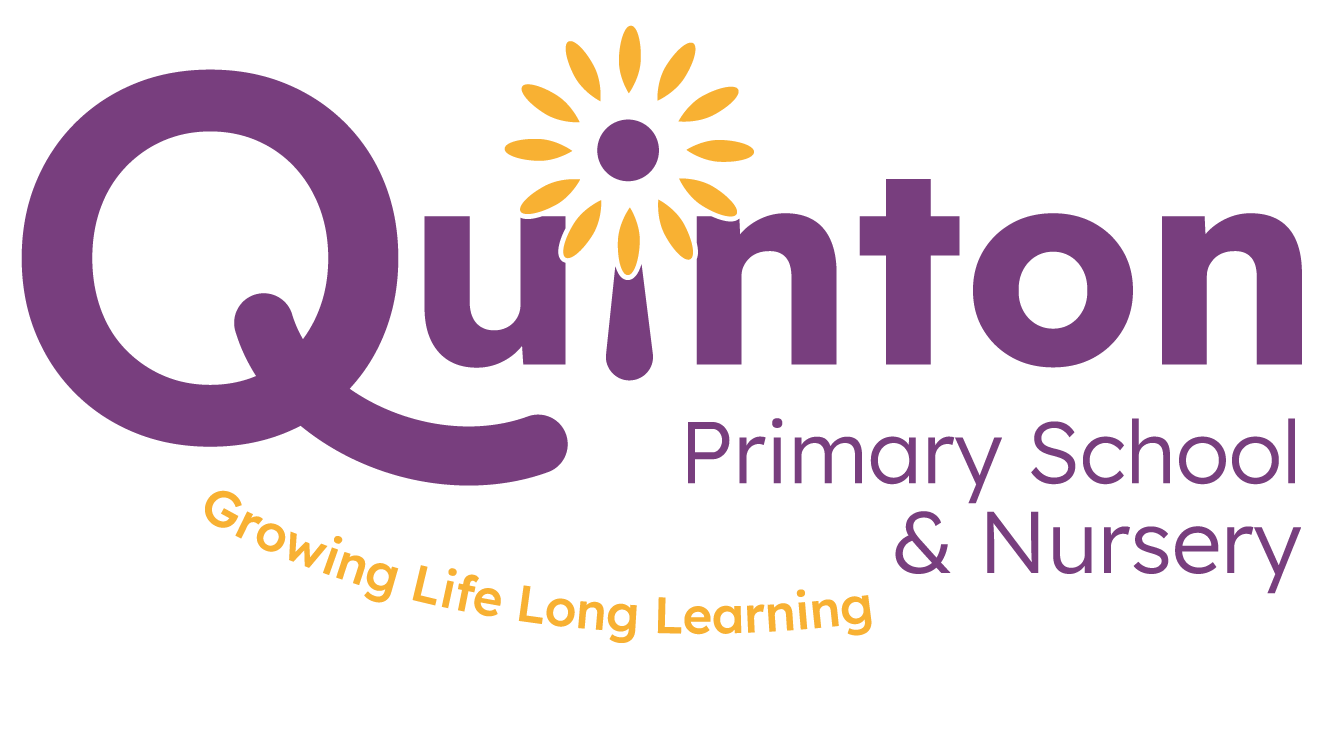Phase 6 Phonics is all about helping your child become a fluent, confident reader and an accurate speller. At this stage, they’re applying everything they’ve learned in earlier phases to read and spell longer, more complex words.
Children begin to:
This phase is a big step towards becoming an independent reader and writer.
Children will build reading stamina and confidence by reading a wide range of texts. The goal is to:
Your child will explore spelling rules and patterns, including:
They’ll continue using their phonics skills to decode unfamiliar words, often silently and automatically, which helps with reading fluency.
There are 20 more sounds that your child will learn. Your child will learn these through stories, playing games and linked activities during their focused phonics lessons. See attached below.
Your child will learn that some words sound the same but are spelled differently and have different meanings:
These can be tricky, so we take time to talk about their meanings and how to use them correctly.
They’ll learn to break down longer words into syllables to help with both reading and spelling. For example:
These are words that don’t follow typical spelling rules, and your child will learn to read and spell them by sight and memory.
How You Can Support Your Child at Home
Here are some helpful and easy ways to support your child during Phase 6:
Need More Help?
Our “Phase 6 Phonics – A Guide for Parents” is full of tips, word lists, and activity ideas to support you. We’re here every step of the way, so don’t hesitate to ask if you’d like more guidance!
